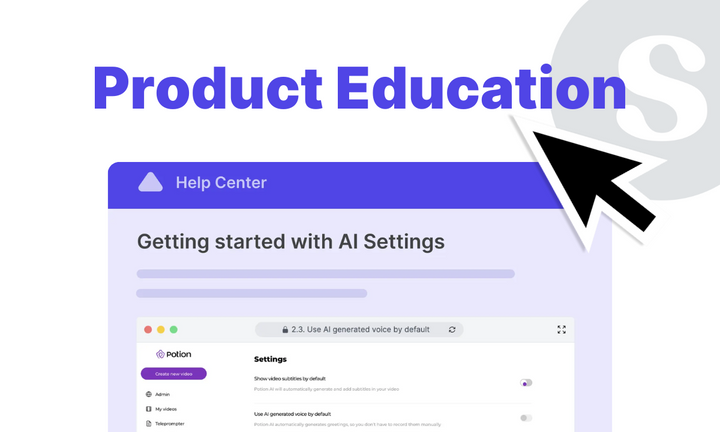In the realm of customer support, the winds of change are blowing, driven by the formidable forces of Artificial Intelligence (AI) and Machine Learning (ML). These technological advancements are not just reshaping how customer support is delivered; they are revolutionizing it.
This post explores how AI and ML are transforming customer support into a more efficient, personalized, and proactive service.
Understanding AI and ML in Customer Support
AI in customer support refers to the use of intelligent machines capable of mimicking human behavior, while ML is a subset of AI that enables these machines to learn from data and improve over time. Together, they are creating smarter, more adaptive customer support solutions.
To truly understand how AI tackles complex challenges, a machine learning course can provide insight into the algorithms and techniques behind these smart problem-solving systems.
Key Transformations in Customer Support
1. Automated Responses and Chatbots
One of the most visible applications of AI in customer support is the use of chatbots. These AI-driven bots can handle a multitude of customer queries simultaneously, providing instant, 24/7 support. Unlike their rule-based predecessors, modern chatbots powered by ML can understand context, learn from interactions, and provide more human-like responses. An AI call center solution can complement chatbots by handling voice interactions and integrating caller information with your support data for seamless routing
2. Personalization of Customer Interactions
AI and ML excel in personalizing customer interactions. By analyzing vast amounts of data, they can understand customer preferences, past behavior, and typical queries. This enables customer support systems to offer more tailored and relevant responses, significantly enhancing the customer experience.
3. Predictive Customer Service
AI systems are not just reactive; they are increasingly predictive. By analyzing customer data and identifying patterns, AI can predict issues before they occur, allowing companies to proactively address potential problems and inform customers in advance, reducing the number of inbound queries.
4. Enhanced Self-Service Options
Self-service options, such as knowledge bases and automated guides, are becoming smarter with AI. Customers can find solutions to their problems without human intervention, reducing wait times and freeing up customer service agents to handle more complex queries.
5. Quality Control and Training
AI tools are also being used to monitor and analyze customer service interactions, providing real-time feedback to agents. This helps in maintaining quality standards and offers data-driven insights for training purposes.
The Impact on Customer Satisfaction
The implementation of AI and ML in customer support has led to increased customer satisfaction. Customers enjoy quicker response times, more accurate and personalized assistance, and the convenience of 24/7 support. The predictive capabilities of AI also enhance the overall customer experience by proactively addressing issues and reducing frustrations.
Challenges and Considerations
While AI and ML are transforming customer support, there are challenges, such as ensuring privacy and data security, and maintaining the balance between automated and human touch. It's crucial for businesses to approach AI implementation thoughtfully, ensuring that these technologies complement rather than replace the human element of customer service.
Conclusion
AI and ML are not just futuristic concepts; they are practical tools that are already transforming customer support. They offer the potential to make customer interactions more efficient, personalized, and proactive. As these technologies continue to evolve, we can expect customer support to become even more responsive and customer-centric.
In this evolving landscape, businesses that embrace AI and ML in their customer support strategies are poised to gain a significant competitive advantage, ensuring they not only meet but exceed their customers' expectations.








